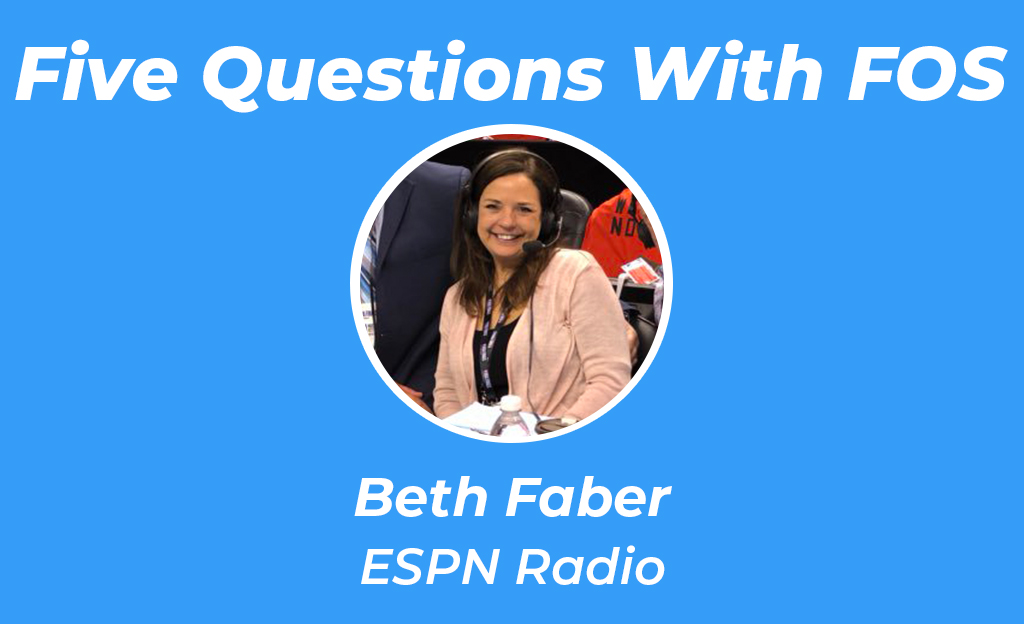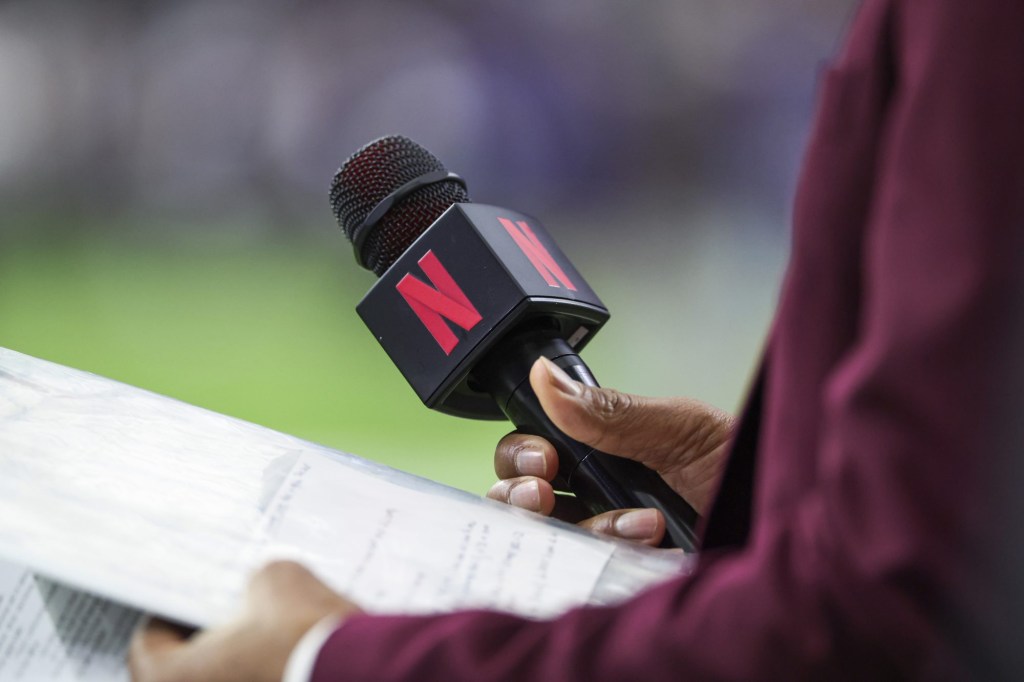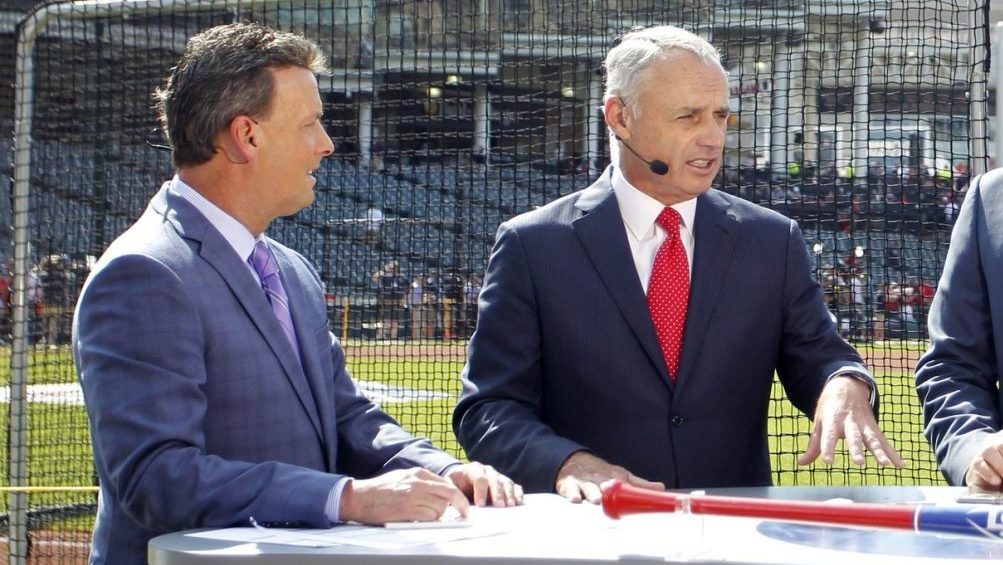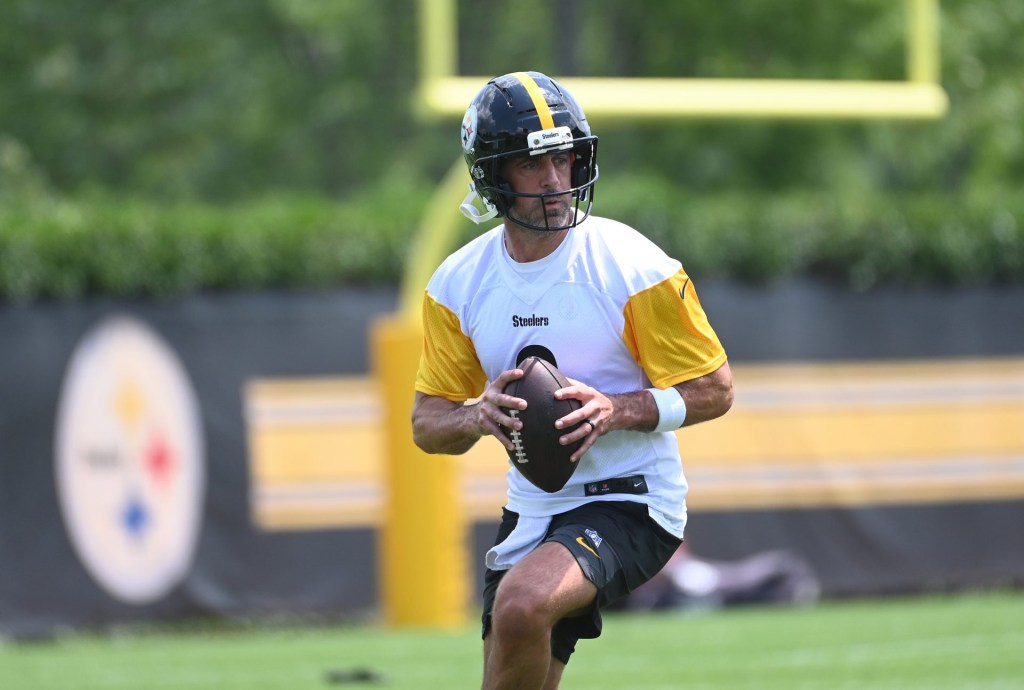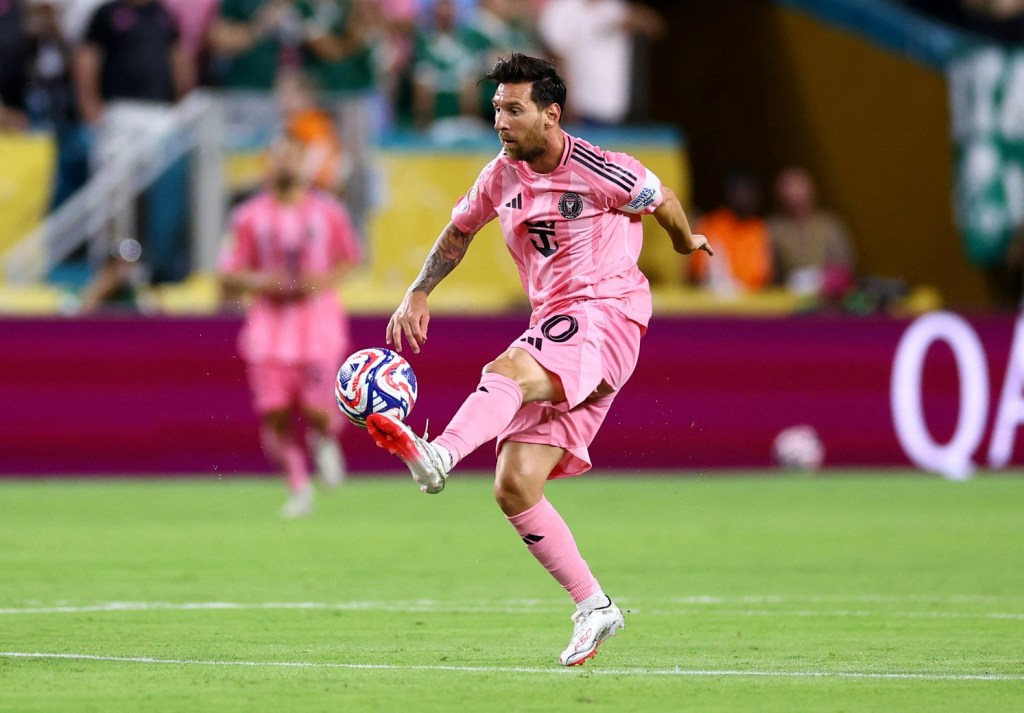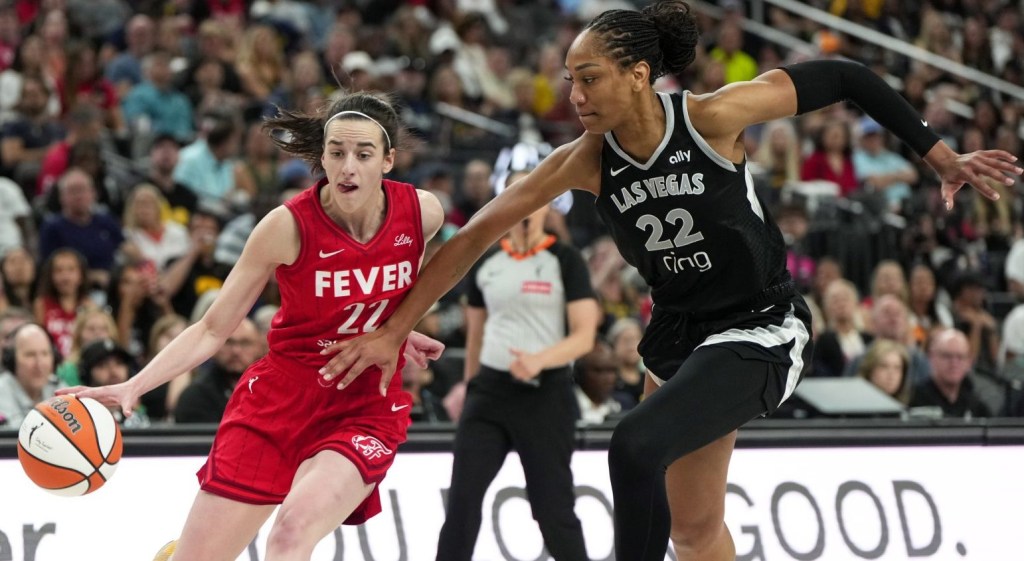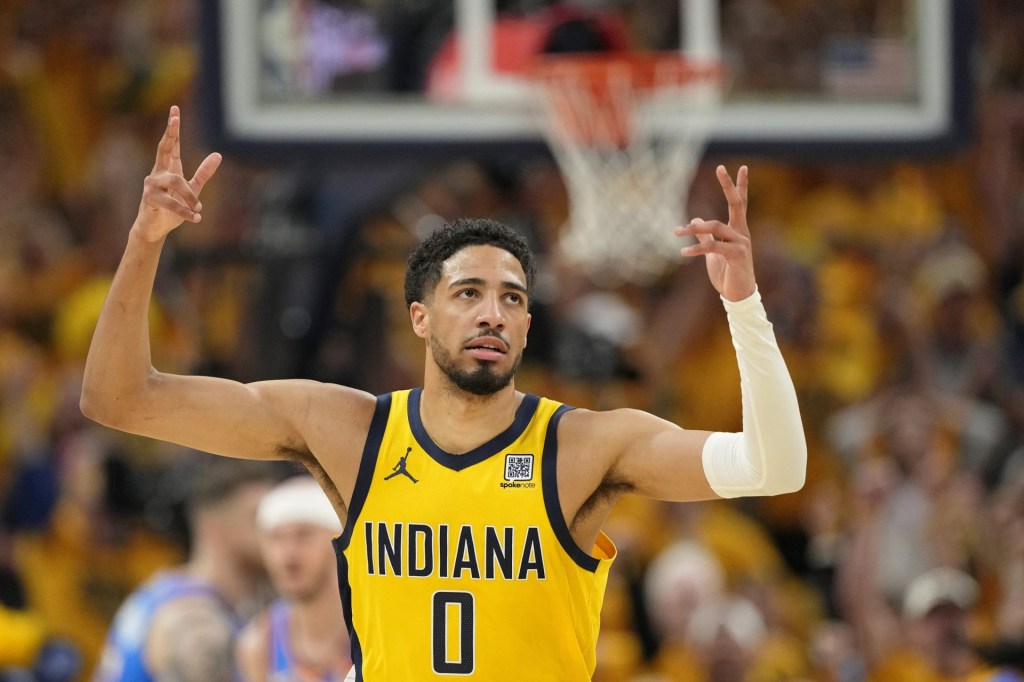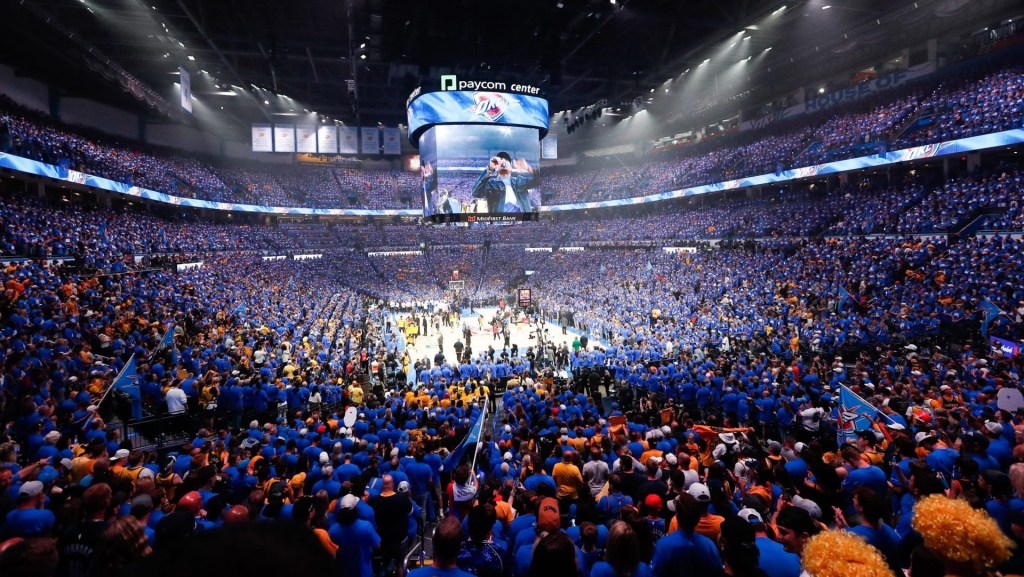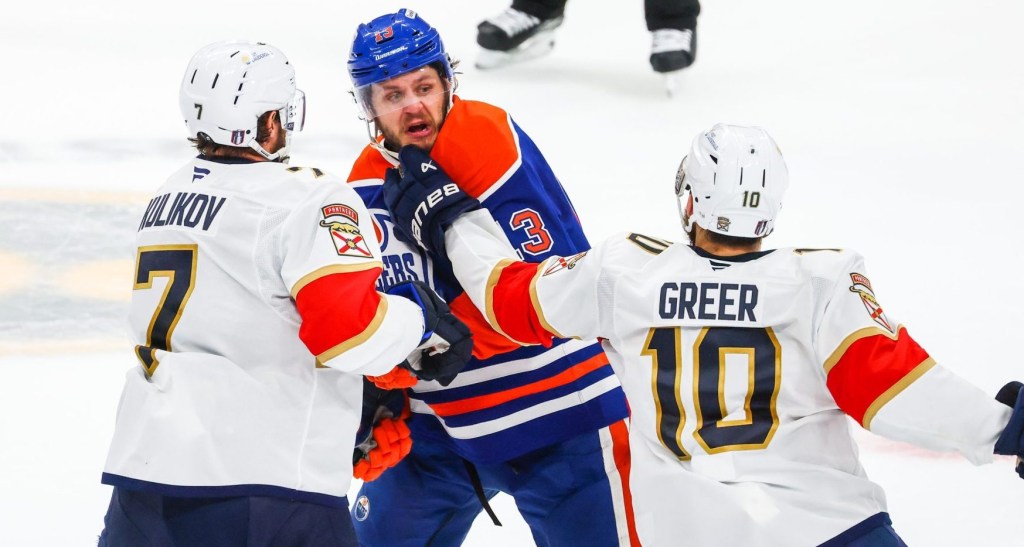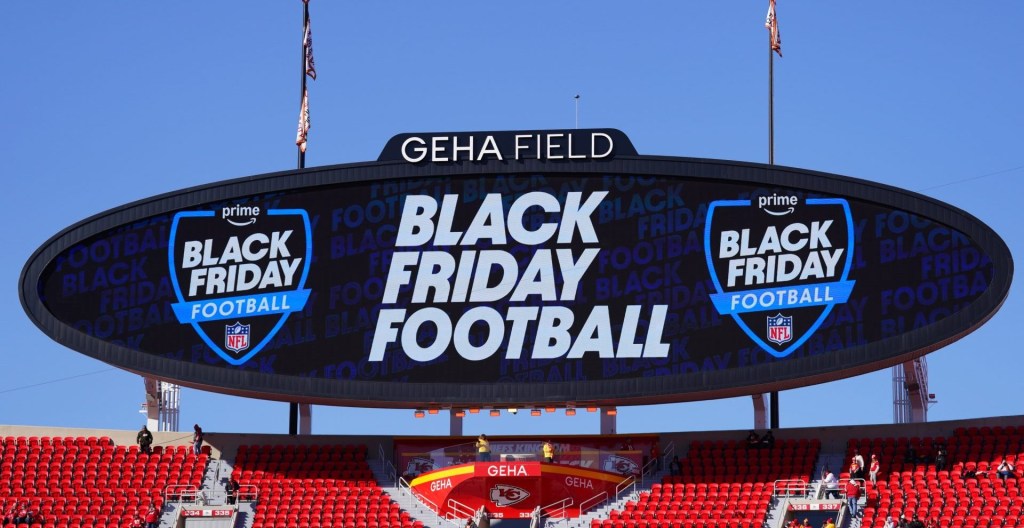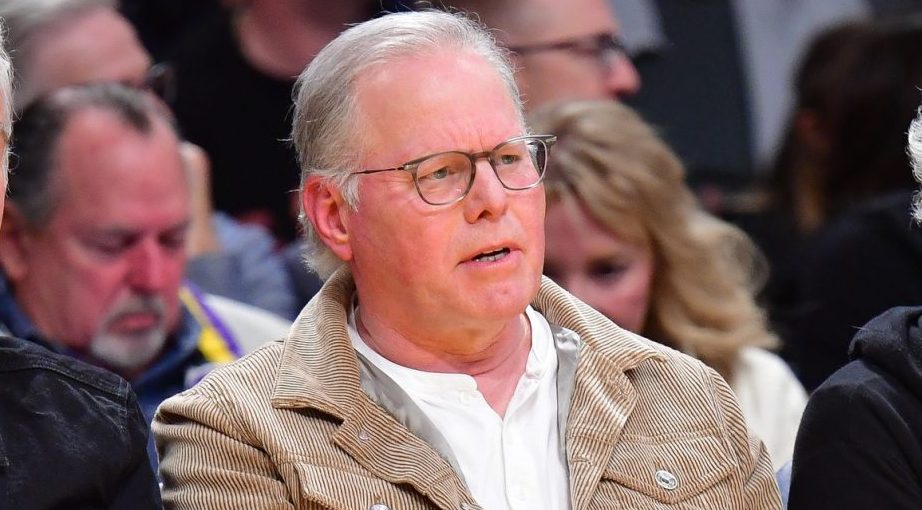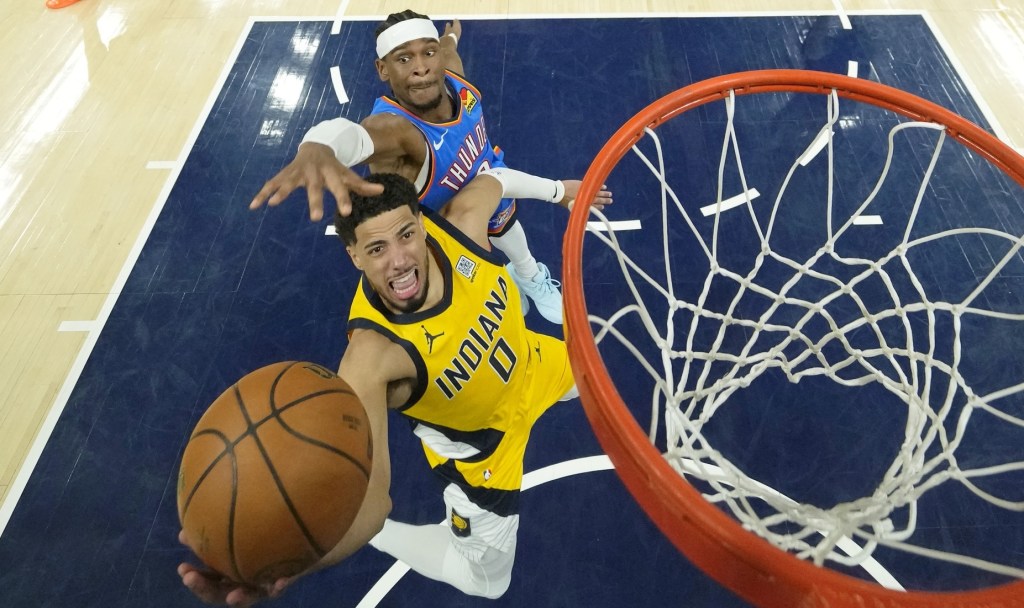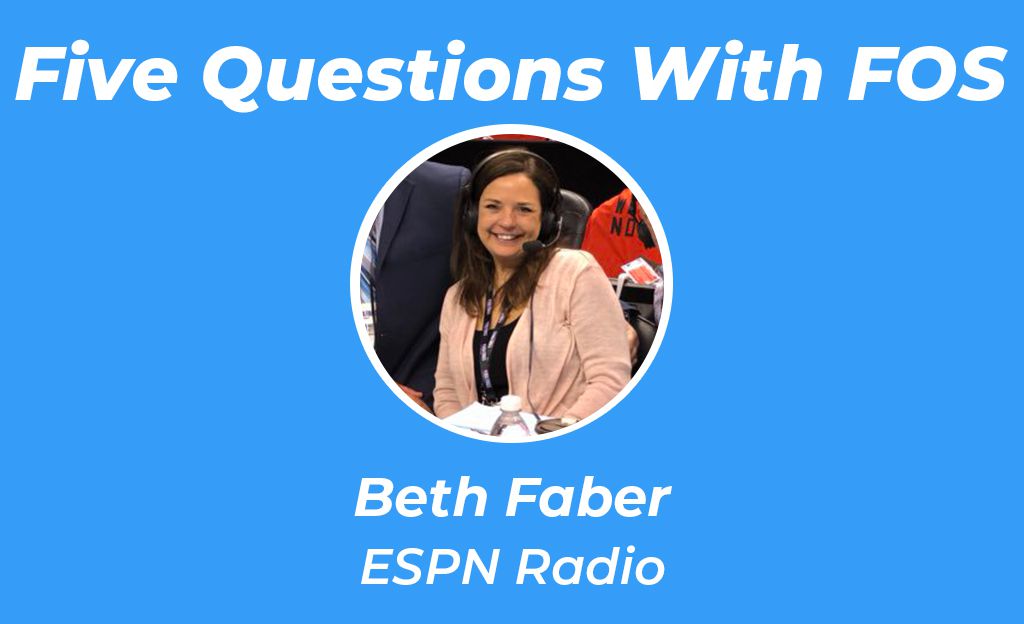
There have never been more ways for a fan to consume sports than there is today. However, one of the original ways to consume live games remains popular: on the radio.
Amid all of the changes brought forth by digital and social media, ESPN Radio has continued to hold its own as the nation’s largest sports radio network. More than 32 million listeners tune in each week, and the broader ESPN Audio division captures half of all sports listenership.
Within the world of sports radio broadcasting, few have seen how it has changed firsthand than Beth Faber.
Faber has been with ESPN Radio as a producer since its beginning in 1992. She is also is the only person in the industry that has been the lead radio producer for every BCS National Championship and CFB Playoff Championship game. She also has been part of ESPN Radio’s NBA productions every year since the network acquired the rights, and is also involved with MLB and NFL broadcasts.
Faber spoke with FOS about her career, the changes in the industry over the last two decades and why sports radio broadcasting is still one of the most popular ways for fans to consume a game.
FOS: You’ve been involved with ESPN Radio since 1992 – what was it like to get involved with the network during its iteration?
Faber: I was hired at ESPN Radio before there was an ESPN Radio. There were no national radio stations like that at the time, and no one knew what it would be. The first day when we signed on, all there was were weekend shows, and the very first ESPN Radio program was commentary. I moved into doing a bunch of the talk shows in Bristol, and then into play-by-play. There was the NBA in 1995, college football and the BCS, NFL, and then postseason baseball.
FOS: From the broadcast side of things, how much do each of those sports differ from each other?
Faber: They’re all very different. For example, postseason baseball, it’s a very small team. There is Dan Shulman and analyst Chris Singleton calling the game, Buster Olney as an analyst, myself and an engineer. It’s a pretty intimate thing.
In comparison, college football is a huge production as far as radio goes. You have sideline reporters on each side, the play-by-play team, spotters watching, multiple analysts, a studio show that leans into the broadcast, and several engineers. There are more moving parts, but it has many of the same challenges.
FOS: You’re working with a wide variety of broadcasting talent across several sports throughout a calendar year. How do you prepare for that?
Faber: The biggest challenge is keeping up with the different storylines across the sports. That just means you have to do a lot of reading, watching and listening. When it comes to talent, everyone needs different things and it’s about developing a sense of exactly what that is. For some of them, you can talk in their ear and give them more info on the fly and they don’t miss a beat. Others come so prepared that you’d be very hard-pressed to try to tell them something they don’t already know. There’s a significant amount of work that goes on during the week between emails, conference calls and other communication going into the game.
FOS: There are so many ways to consume sports now. What do you think has kept radio sports broadcasts relevant?
Faber: I still think there is an audience out there that loves listening to games on the radio, baseball in particular. Radio is a bridge between fans and sports when they are driving or can’t stare at their phone or a screen.
People just also like to listen, and use their imagination when consuming sports. The biggest piece of advice I always give to sideline reporters or talent is just to paint the picture. Tell the listener where the ball is and highlight those moments of drama. It puts a listener in a place they would never be.
FOS: The younger sports fan seems to prefer to consume sports via highlights and short clips as opposed to full games – does that raise any concerns about the future of people tuning into a full-game radio broadcast?
Faber: Some really smart people well above my pay grade have figured out a way to keep [radio] relevant, whether it is adjustments we’ve made on the broadcasts or using technology to better serve the fans such as the availability of the broadcasts via streaming.
Some don’t have the attention span and rather pick up on the highlights. For radio, I think providing that extra layer of information is now more important than ever. If you can give a piece of information or a stat that stands out, scores from other games or stats about fantasy players, all of those things draw people in and perk their ears up. Radio also allows talent to describe what is happening instantaneously which is harder to find elsewhere. Sports is entertainment, and when it comes to calling it live with added deep observations, I think people will always be drawn to it.
